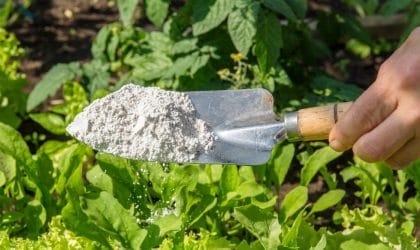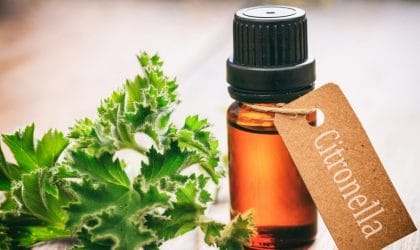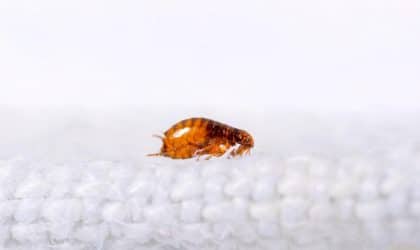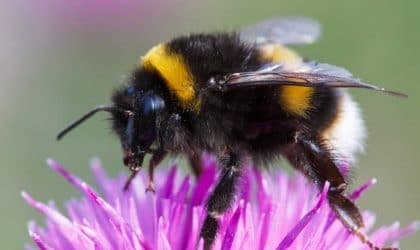Can You Use Tea Tree Oil For Bed Bugs? Does it Work?
Thinking of using tea tree oil to treat your home for bed bugs? Perhaps you are just curious to find out if tea tree oil can be used as both a preventative, as well as an insecticide? In this article, we examine if this essential oil is safe for bed bug treatment, prevention, and the best possible ways you can introduce it safely into your home.

Essential oils are commonly used for warding off pests. One of the more popular essential oils is tea tree oil. We know that this essential oil can be used to prevent other pests, but can they be used to get rid of bed bugs? More importantly, does this “all-natural” remedy actually work when it’s put to use?
Tea tree oil has been around for centuries and is derived from a tea tree. It has many medicinal uses naturally, that can help treat a variety of different ailments. On top of that, it can be successfully used to ward off spiders and other bugs from your home.
Bed bugs, are one of the most aggressive pests that can infest inside your home. Getting rid of them, is often much harder than preventing them in the first place. Let’s take a look at if Tea Tree oil is something you should use as a natural bed bug treatment, and the many different ways this oil can be used when preventing these pests from taking over your home.
What is Tea Trea Oil?
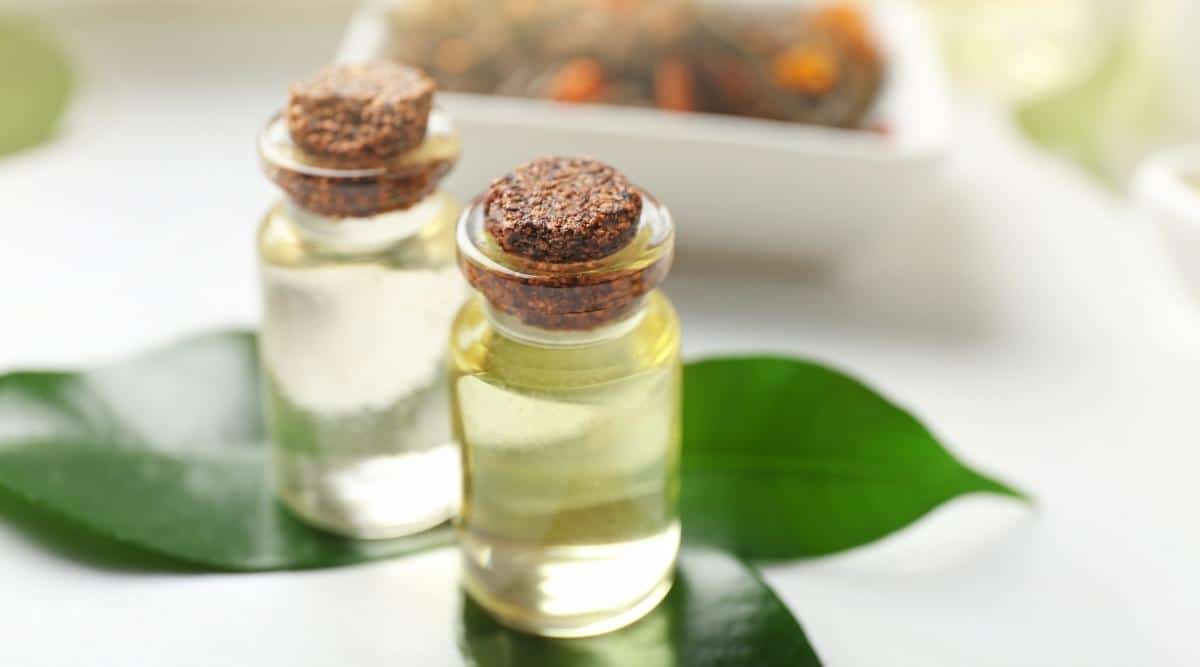
Tea tree oil is an essential oil that comes from the leaves of the Melaleuca alternifolia or what’s commonly known as a tea tree. It’s a medium-sized tree with tiny leaves and white flowers. And it’s native to Australia.
The oil is yellow or clear, depending on the brand you’re buying. It also has a distinctive camphor smell which makes it a common ingredient for beauty and bath products.
However pleasant it smells, tea tree oil is toxic for consumption. So it’s often used as a pest repellent. It’s been known to be effective against various annoying house invaders like spiders. However, it’s also as a known folk medicine, used for treating skin conditions like insect bites, acne, dandruff, fungal, viral and bacterial infections, lice and even scabies.
How Does it Work?
We know that it’s a common home remedy. But does it work? Can you actually use it to treat or prevent bed bugs?
Tea tree oil has insecticidal properties and can work against a lot of pests. Like lavender and lemon oil, it has the basic components that can do wonders against certain types of insects. It has solvent properties that soak into an insect’s protective exoskeleton and suffocate it.
According two studies, a 2010 study on the insecticidal activities of essential oils and a 2008 study from India, tea tree oil and the rest of its counterparts have substances called monoterpenoids that naturally repel and kill pests. They’re so effective that they’re even listed as main ingredients for many commercial insecticides.
Using Tea Tree Oil For Bed Bugs

There are several ways to use tea tree oil for bed bugs. Below is a list of all the ways you can incorporate this minty oil into your deadly strike against these pesky bloodsuckers.
Using as a Spray
This is probably the most common and the most recommended method. All you have to do is mix 20 drops of tea tree oil into a spray bottle filled with water. Spray an area with the mixture and let it dry. Do this regularly several times a week to get the bed bugs out. They’ll die with direct contact from the spray, and they’ll also be repelled by the smell.
Adding Vinegar
To increase the oil’s potency, try adding a few drops of white vinegar into your water-oil mixture. Remember that that vinegar’s odor takes a few hours to dissipate after being sprayed. Leave your windows and doors open to get the smell out.
Adding it to Detergent
To get rid of more severe infestations, wash your dog’s beddings. Set the washer to the highest temperature setting. Add a few drops of tea tree oil along with your chosen liquid detergent into the machine. Repeat this at least two times before you let the fabric dry.
Pair it With Vacuuming
Make sure that all the bed bugs are finished off by using your vacuum cleaner. Vacuum obscure places in the house before applying your spray. Tighten the vacuum bag to make sure that no bed bug escapes.
Combining With Other Oils
To give your tea tree oil a little boost, add more oils into your water mixture. Start by adding a few drops of lemon oil and lavender oil. Then you can witch hazel or peppermint oil. How much you put into the spray depends on your preference, but having 5 to 7 drops will do.
Frequently Asked Questions
Q: How long does it take for it to kill bed bugs?
A: It can take a few weeks for this method to work. But it will work, as long as you couple it with other methods of keeping your house clean and preventing these pests from infesting your home. Pair it with vacuuming, and use it when you wash your clothes.
Q: Will it actually kill bed bugs?
A: Tea tree oil has insecticidal effects. On direct contact, it may actually kill bedbugs and their eggs. The actual dosage will vary though, depending on the space and size of your infestation.
Q: Does it act as a repellant?
A: Yes, it can act as a repellant. The smell will prevent these pests from coming near the area, and it does a good job warding off other types of pests as well.
Q: Does it actually attract bed bugs?
A: No, as mentioned, it acts as a repellant. If anything, you’ll have a lower chance of infestation-if you use this essential oil in your quest to prevent and kill off these annoying pests.
Wrap Up
Using tea tree oil for bed bugs isn’t limited to just the ways we’ve mentioned above. You can be creative and add things according to your research, experience and preference. Just remember that using tea tree oil for bed bugs can come with some irritation to your skin if you don’t wear protective clothing.
Keep safe, and always do things one step at a time. You can win the long battle with bed bugs if you put a little time and effort into it. And if all else fails, there are always professionals who can handle your problem for you.
Share this post
Save time and money on pest control
Subscribe to expert DIY pest control tips, pest control product reviews and information.

